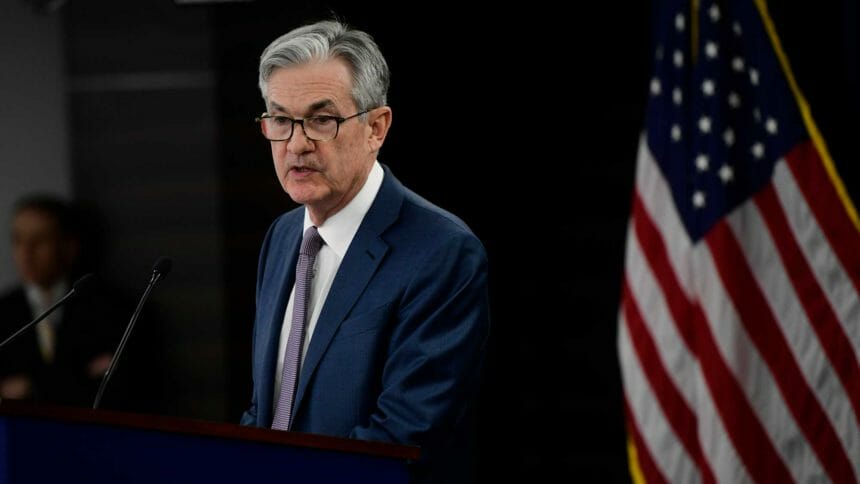
Wall Street took another hit Monday despite a historic commitment by the Federal Reserve to buy as much government-backed debt as needed to keep financial markets functioning. The central bank unrolled a series of programs Monday meant to shore up both large and small businesses in its latest effort to cushion the economic blow of the pandemic.
“Aggressive efforts must be taken across the public and private sectors to limit the losses to jobs and incomes and to promote a swift recovery once the disruptions abate,” the central bank said in a statement on Monday.
Monday also marked the first day that the New York Stock Exchange closed its trading floor in lower Manhattan, after two people who work at the exchange tested positive for coronavirus.
In other coronavirus-related news, several senior living operators and real estate investment trusts also announced occupancy and financial updates in light of the ongoing pandemic, which had sickened more than 46,000 people in the United States and killed more than 585 as of Monday evening, according to Johns Hopkins University researchers.
New Senior Investment Group announced that as of March 20, the real estate investment trust had two communities with reported confirmed cases for COVID-19. New Senior said it expected this number to increase as testing for the virus becomes more widely available. Through February, the REIT reported that its financial results were in line with expectations and the firm has not yet seen a material effect on occupancy or scheduled move-ins despite a decline in tour volume.
In addition, due to enhanced cleaning schedules, an increase in supplies and protective gear, as well as additional risk mitigation efforts, New Senior expects an increase in operating costs. To address these occupancy concerns and increased costs, the company completed several refinancing activities. These moves are expected to improve liquidity and cash flow as a nationwide pandemic continues, according to the firm.
Also on Monday, Welltower announced that it had obtained a two-year unsecured term loan of $1 billion in an effort to further bolster near-term liquidity. The loan, along with forward sale agreements covering 6.8 million shares of common stock under its ATM program, has increased the company’s available near-term liquidity to $3.5 billion.
Omega Healthcare Investors also took precautionary actions Monday in response to the market volatility caused by the continued spread of COVID-19. These steps included the authorization of a $200 million stock repurchase program, suspension of the company’s dividend reinvestment and stock purchase plan, and a partial draw on the company’s credit facility.
“As a primary capital source to our operators, a vital segment of the healthcare continuum, we have undertaken these actions today in order to provide optimal flexibility to our business,” said Taylor Pickett, Omega’s CEO. “Our responsibility is to both preserve and prudently allocate capital and, with the impact of COVID-19 continuing to rapidly evolve, we are seeking to protect our liquidity while having the opportunity to judiciously capitalize on any material mispricing in our equity.”




